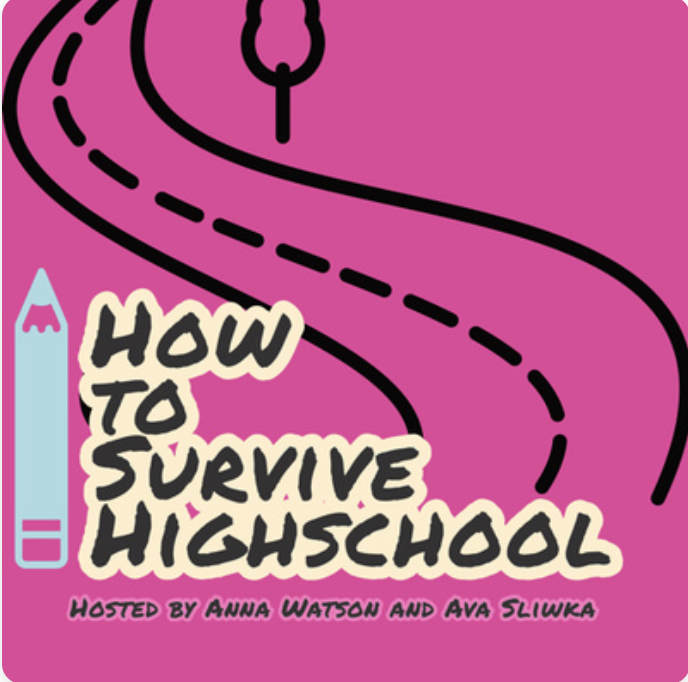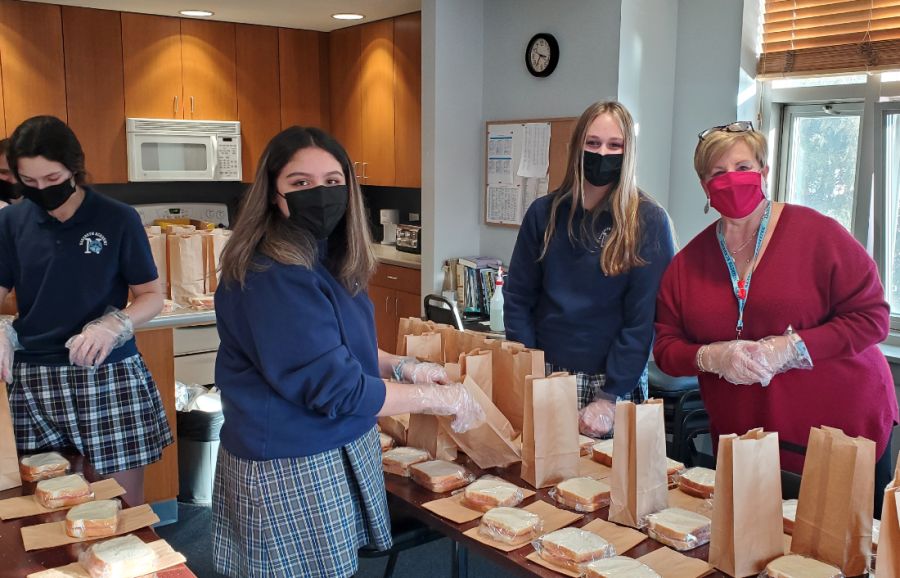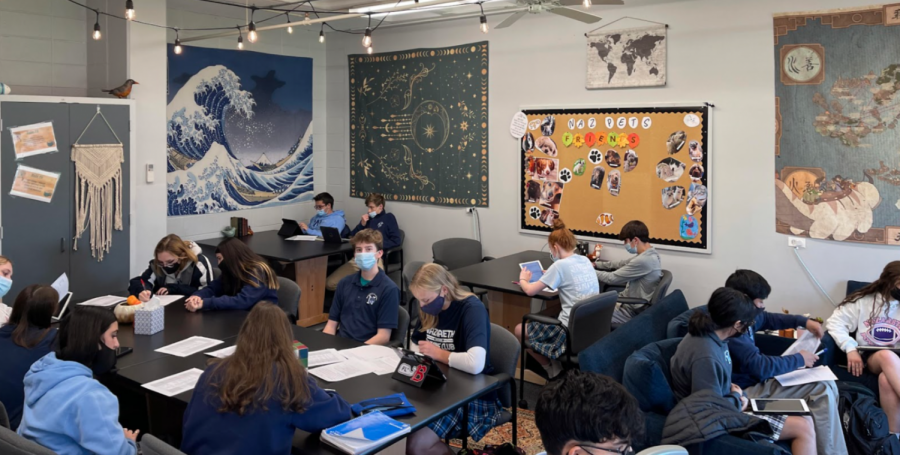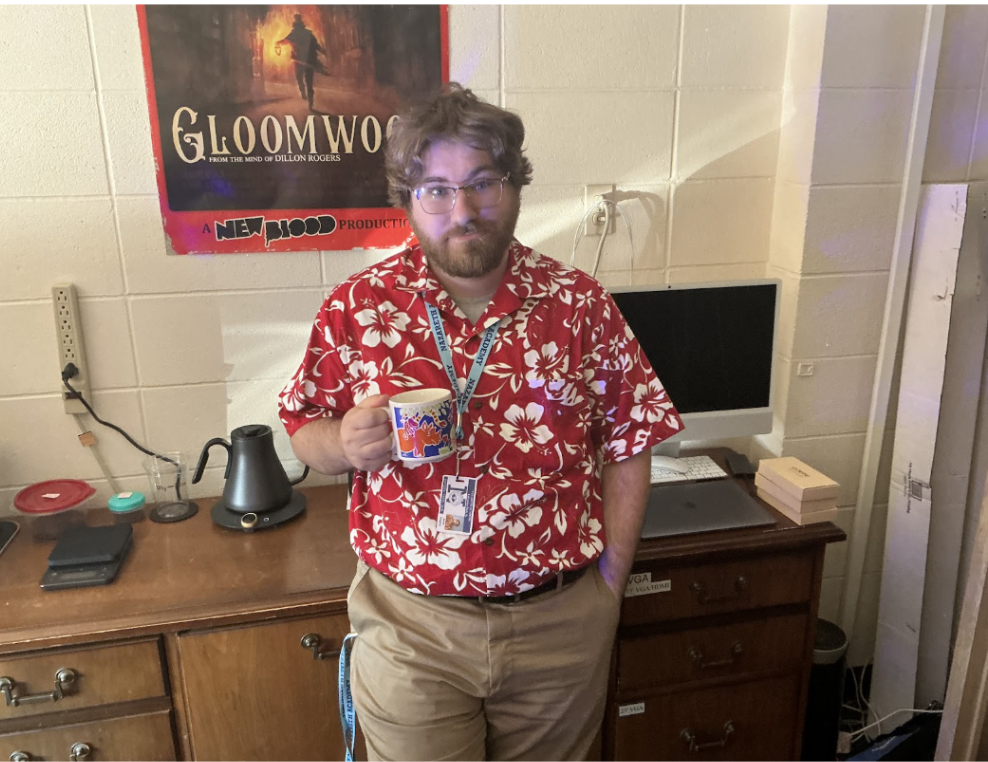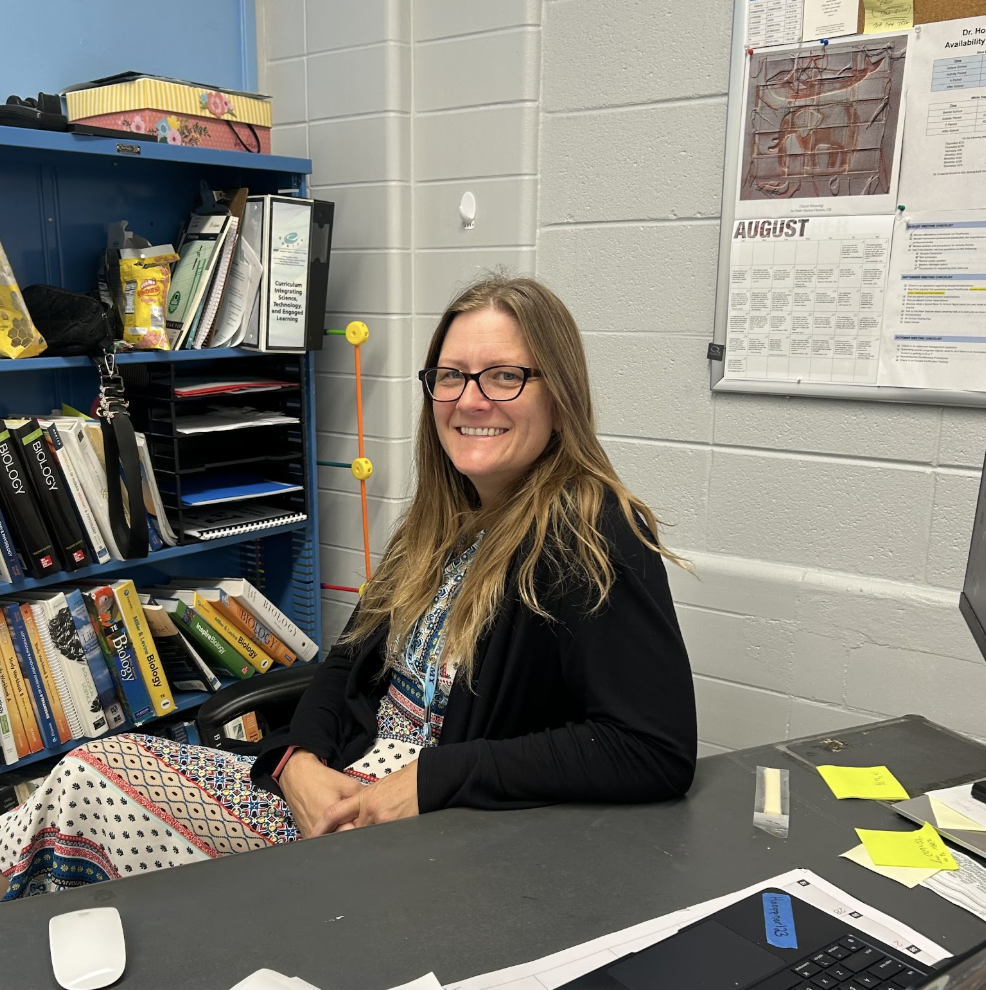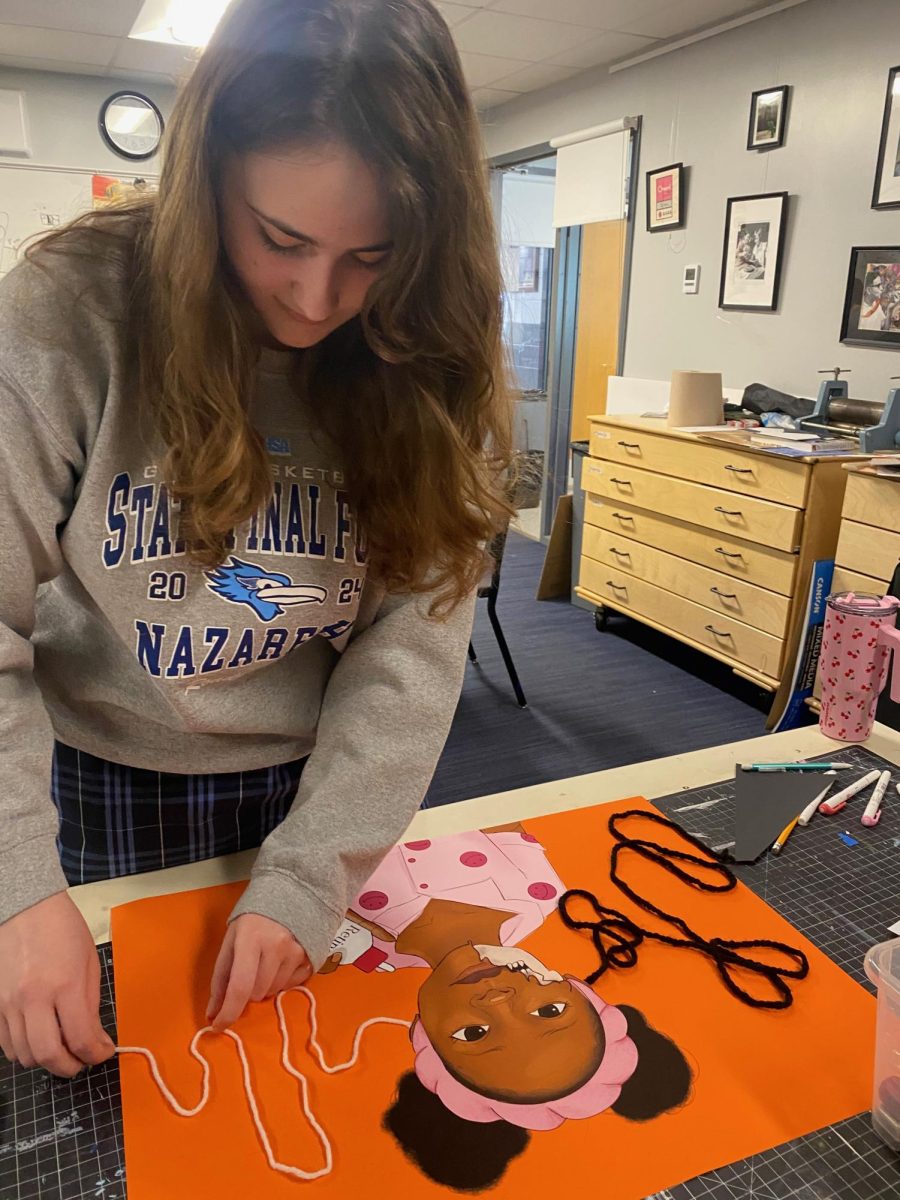While parts of history can be difficult to comprehend and may be easier to ignore, it is important to examine and understand all of history to better inform our present and future.
This was something that the late Pope Francis felt strongly about and in his Encyclical Fratelli Tutti he wrote, “It is easy to be tempted to turn the page, to say that all these things happened long ago and we should look to the future. For God’s sake, no! We can never move forward without remembering the past; we do not progress without an honest and unclouded memory.”
In April, a diverse group of 31 took part in the Congregation of the Sisters of Saint Joseph (CSJ) Ministries Experience in Montgomery and Selma, Alabama to explore the history of racial injustice in America. This trip was meant to inspire participants to play an active role in truth-telling and meaningful efforts that move ministries, communities and country forward.
Organized by the Catholic Mobilizing Network and attended by associates of the CSJs from the Midwest, East and South, delegates visited historic sites, museums and memorials and met with Civil Rights and faith leaders to explore how they, as carriers of the CSJ Mission, are called to be ministers of reconciliation. Among the local attendees were Sister Jackie Schmitz, CSJ; Associate Director CSJ Ministries, Dalia Rocotello; CSJ Ministries Board Member, Marco Lopez; Nazareth Academy Director of Communications, Alena Murguia; and Nazareth Academy English teachers Jennifer Boyle and Jennifer Gerdes.
The Alabama based Equal Justice Initiative (EJI) was inspired to create “the Legacy Sites,” three spaces situated in a region that once held the largest population of enslaved Black people and later became the epicenter of the Civil Rights movement. EJI — a nonprofit law office founded by Bryan Stevenson in 1989 represents clients sentenced to death and condemned to die in prison — works to challenge inhumane conditions of incarcerated people and expose racial bias in the criminal legal system.
The three Legacy Sites in Montgomery invite visitors to gather, learn and reflect on the history of racial injustice in the very places where that history was lived.
The sites are The Legacy Museum: From Slavery to Mass Incarceration, the Freedom Monument Sculpture Park and the National Memorial for Peace and Justice. Each offers an “honest and unclouded” insight into how excessive punishment, racial discrimination and inequality are deeply rooted in America’s history of racial injustice.
The group also visited the Dexter Parsonage, Reverend Martin Luther King Jr.’s home while he served as pastor at the Dexter Avenue Baptist Church from 1954-1960, where they were met by members of the congregation and Civil Rights witness Dr. Valda Harris Montgomery.
In Selma, with a view of the Edmund Pettus Bridge crossing the Alabama River, delegates met with The Selma Center for Nonviolence, Truth and Reconciliation’s founding Executive Director Ainka Jackson
to learn more about the history of the Civil Rights efforts in Selma and how the town is struggling today. Then, the group crossed the Edmund Pettus Bridge and visited the
Civil Rights Memorial Park followed by a dinner and panel discussion with associates of the Edmundite Missions, an organization serving the men, women and children living in poverty-stricken communities throughout the Deep South since 1937.
Reflecting on her experience and how it connects to Nazareth’s and the CSJ’s missions, Murguia said, “Everything the Sisters do revolves around the charism, ‘That All May Be One,’ which is also essential to what we do here at Nazareth. Our world so often feels fractured and divisive. My time in Montgomery and Selma reminded me both of the dangers of that kind of division and the power of a commitment to unity. When every single individual is accepted and celebrated as a gift from God, the world will be a better place.”
As English teachers, both Boyle and Gerdes felt their experience in Alabama directly connected to their work in the classroom. Gerdes said, “As an American Literature teacher, I always stress the importance of setting our texts in historical context. When we read Zora Neale Hurston’s Their Eyes Were Watching God or Toni Morrison’s Beloved, we discuss the lingering traumas of slavery and racism. Though, when I set foot in Alabama and in some of the very places where historic and tragic events took place, it was different. It brought a much deeper meaning to the history and to my experience of reading and teaching stories of the legacy of slavery in America.”
For Boyle, the trip to Alabama was an experience she says she will never forget and one that was easy to connect her teaching. “Some of the best novels I teach tell stories about characters dealing with conflicts,” she said. “I saw and heard so many stories about hardship, injustice, and resilience. It deepened my compassion and sense of shared humanity.”
“I saw the power of storytelling and how voices have shaped our nation’s story. It is important to focus on those voices in the classroom. It changes the perspectives I highlight and the discussions I have with students,” continued Boyle. “Literature can be a tool for justice, helping students develop critical thinking, empathy, and awareness of historical and current social issues.”




